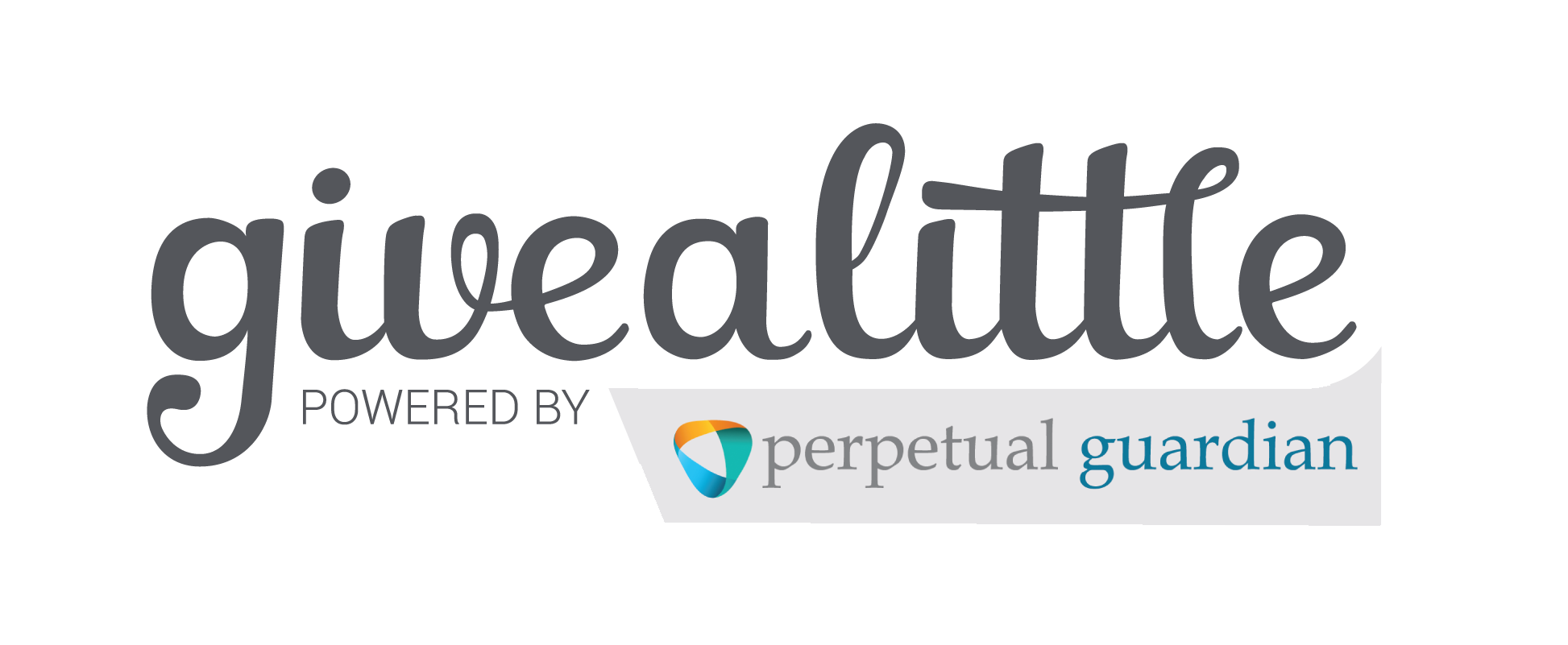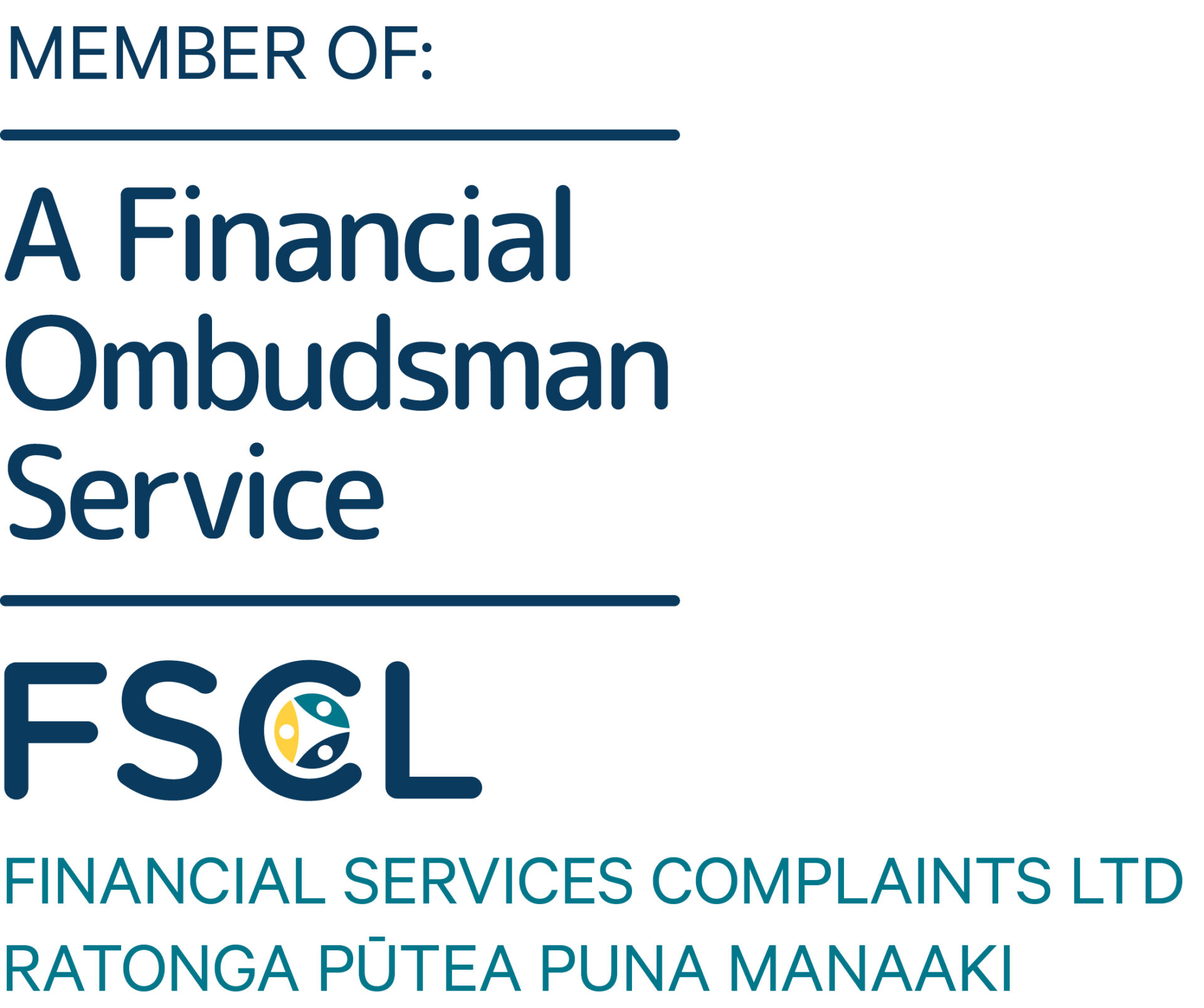Last month, in a case brought by the Department of Justice (DOJ), Judge Amit Mehta of the US District Court ruled that Google’s anti-competitive behaviour – of defending its monopoly in what we call ‘search’ through exclusive payments to companies that can channel people to search and specifically Google search – is illegal.
This ruling could change how the industry proceeds. Google presently has about 90% market share of searches conducted, but onlookers are now asking whether this case could be a watershed that changes the direction of search and the deployment of AI.
While it is unclear what remedy the DOJ is seeking, a possible parallel case may be the Consent Decree that was agreed between Microsoft and the DOJ in 2002. That agreement provided oversight by an appointed and independent panel for almost 10 years, which may have hampered Microsoft’s ability to innovate in a period when smartphone technology was evolving, potentially causing it to miss a significant product opportunity.
This parallel is important. Having established itself as the dominant operating system (OS) through Windows, Microsoft sought to bundle its search engine, Internet Explorer, into the operating system. This was deemed anti-competitive, and indeed, other web-browser businesses did go to the wall at that time. And as problematic as the Consent Decree may have been for Microsoft, it was lenient in comparison to the original ruling, which sought to break up the company into two businesses.
AI has quickened the pace of information transfer to the point where the speed of precise information provision is now a critical differentiator. Imagine your search query returns the right answer first, immediately, every time. What a productivity leap we would all make.
AI models are trained using data, and Google and Meta (which owns Facebook and Instagram), as frontrunners in the collection of this unique data variety, are likely at the forefront of AI delivery given their ‘data moat’ and enormous, innovation-funding cashflow.
That 90% figure means Google’s depth of data is currently unparalleled. The company has unique interaction from other parts of the business too – think YouTube. But what if this dominance is allowed to be competed away? What becomes of Google’s data advantage and therefore the uniqueness of its AI models?
With Google securing market dominance from the best search and the best data, it has also (at least in part) benefitted through those ‘illegal’ exclusive payments to position itself as the default browser option. In the EU, the buyer of a new device must select their default browser at set-up, which is not the case elsewhere. Of course, with such market dominance and mindshare, it is likely the default is to choose Google’s search anyway, and market share loss would be marginal as a result.
The easiest path might be an outright ban of the illegal practice of the exclusive payments, but in and of itself this may not foster competition, given its echo system and business moat. Remote as they may be, there are other potential options, and one is to break the company up.
If quantity, quality, and uniqueness of data is truly the point of differentiation in an AI model that will allow ubiquity, then a break-up may let the competition get a foot in the door. Other search engines would emerge and improve, and Google’s market share would decline.
Without a break-up but with the prospect of a ban on these exclusive payments, how does the competitive landscape change?
With a ban, Apple would lose more than US$20 billion as a payment from Google to have it as the default search (yes, it can be changed!) and Mozilla (Firefox) will lose US$400 million. The latter can ill afford to lose that amount given it is more than 50% of revenue. And if Apple loses that revenue, will it stay in Google’s camp or will it create its own search?
Recently Google demonstrated Gemini Live. This AI voice assistant is designed to be the conversational interface of the future, designing how we interact with our smartphones, applications, and search. ChatGPT (OpenAI) has also demonstrated its assistant, and it is a fair bet that we will all opt for this capability when it comes of age. AI is better with interaction and interaction is better when it is seamless, and it is a new way for companies to derive data from us. This is full circle to Google’s dominance and ubiquity in search, and its data.
Google has also announced that it will embed Gemini into Android. For competitors, that is a daunting prospect. Android, the mobile software competitor to Apple, was launched in 2007 and Android-based devices use Google search as a default. Chrome, the browser competitor to Safari, Mozilla, Edge, and others, uses Google search. All roads lead to Rome or Google search.
Android has in excess of 60% market share and embedding Gemini will provide a natural advantage that will put other companies, especially startups, out of business. Apple, on the other hand, has doubled down on Siri and declared its intent to use it to interface with the iPhone, applications, and AI through ChatGPT. This may help ChatGPT, but how Apple evolves its AI offering could see Apple cast this aside over time. For a company that relies on Microsoft and others for its ongoing viability, that must be cause for concern.
With Google Apps (now called Google Workspace), Android, and Chrome all launched between 2006 and 2008, it is easy to suggest that the DOJ is 15+ years late to the party. Google has spent these years cementing its position in people’s work and personal ecosystems and will be difficult to unwind or remove.
Could ‘search’ be the canary in the coalmine?
If exclusive partner payments are outlawed; the default search becomes user-defined and nothing changes; and Google’s dominance prevails to the extent that its AI distribution cements a similar position, then despite being 15+ years behind, perhaps the DOJ will set loftier goals in its pursuit of fairness. Perhaps a breakup becomes more of a possibility, or even a probability.
Whatever the remedy, the question becomes: ‘What of Alphabet, its strategy, growth and profitability, and what of the price of its shares?’
The jury is out, of course, but there may be two distinct outcomes. The first is that the unbundling of the company allows investors to focus on the constituent parts and value each separately. This may lift the overall value of the combined group, and shareholders who receive stakes in each of the companies may be pleased.
But then the growth rates of each business will be different, and perhaps, without the self-perpetuating feedback loop, their growth and opportunity will decline, especially if new entrants are emboldened to enter the race. And if the opportunity is greater in one, or its remaining moat is bigger, that will outperform, and investors will rotate away from the other newly formed companies. Time will tell.
But perhaps one of the biggest concerns surrounds Alphabet’s ability to navigate the torrid waters and still innovate as the case and appeals evolve. What is certain is that this will be a long, long watch.
The DOJ’s Jonathan Kanter said that Judge Mehta’s ruling “paves the path for innovation for generations to come and protects access to information for all Americans” – and I would note, should a truly landmark remedy be enforced, the rest of the world too.
Tim Chesterfield is the long-time CIO of the Perpetual Guardian Group and the founding CIO and Director of its investment management business, PG Investments. With $2.6 billion in funds under management and $8 billion in total assets under management, Perpetual Guardian Group is a leading financial services provider to New Zealanders.
Perpetual Guardian Group recently acquired boutique fund manager Castle Point, which now forms part of the Group’s investment management suite of businesses.
Disclaimer
Information provided in this publication is not personalised and does not take into account the particular financial situation, needs or goals of any person. Professional investment advice should be taken before making an investment. The information provided in this article is not a recommendation to buy, sell, or hold any of the companies mentioned. PG Investments is not responsible for, and expressly disclaims all liability for, damages of any kind arising out of use, reference to, or reliance on any information contained within this article, and no guarantee is given that the information provided in this article is correct, complete, and up to date.
This article was originally published by the NBR. You can read the original piece here.






